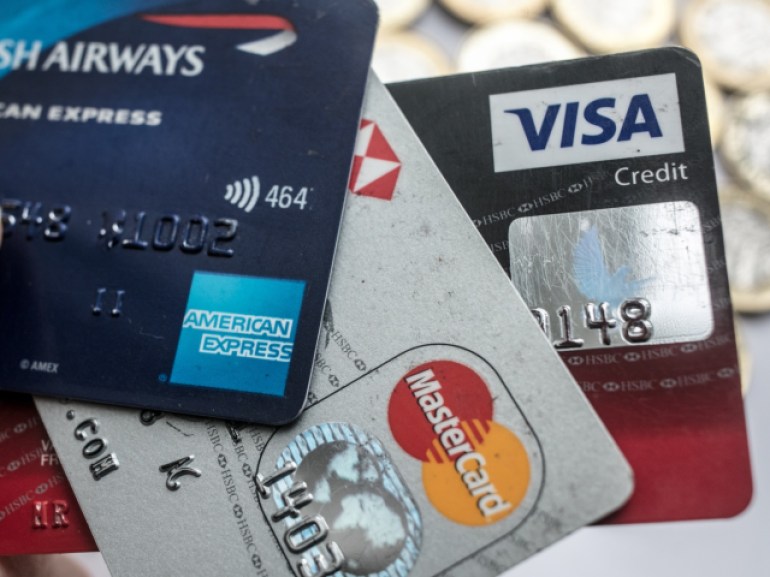People tend to give advice, especially when it comes to saving money. However, this does not mean that you have to believe in every advice you hear, as following the wrong money saving tips can cost you a lot in the long run.
Here we review the most erroneous financial habits that you think might save you money, according to author Paul Michael in an article in Reader's Digest in its Australian version:
Attractiveness to shows
In the event that you were shopping and were offering "buy one and get another for free" offers, you should stop and ask yourself: Would I really have bought this large quantity of this product at this price anyway?
If you are shopping for jam and you find, for example, this offer on the jam, it may be a tempting offer to store a large amount of it, but if you go out to find a sports shoe, you should stop and think about whether you need a second pair of shoes.
Buy cheap products
If you buy a screwdriver at the price of one dollar or get a few dollars' shoe in a kiosk in the flea market, then you will probably buy another one soon, and cheap quality items may provide a few dollars in the short term, but you will have to pay more later To replace it.
Purchase foodstuffs in large quantities
Bulk purchases are good when it comes to some products, but you should be careful when purchasing perishable products.
There is no doubt that when you see a whole bunch of bananas at a low price, you will buy them, and after purchasing them a while you will notice that the banana turned black because you bought a lot of it.
Create an emergency fund without contributing to retirement
It is essential these days that you have an emergency fund, as financial experts see that you need to take care of your financial future. But if you are saving money in an emergency fund or savings account but you are not putting money in a retirement fund or other long-term plan, you are not preparing for days old.
Irregular visits to the dentist
The writer stressed the need to visit the dentist on a regular basis and undergo simple treatments at the present time, instead of paying for an expensive major treatment at a later time.
Postpone the investment until you become "rich"
It can be difficult to think about investing when you don't make a lot of money, but even if you have just started your career, it is never too early to create an investment account.
Avoid all debts
The balance of your unpaid credit card or high interest loan can harm your credit score, but - according to Fidelity Investments - certain types of debt at low interest rates (such as a mortgage) can help you achieve your personal goals without damaging your credit results .
Rush to buy a house
Rushing to buy a house can do more harm than good, and trying to pay off debts or receiving a wonderful job offer in a different city when you have already bought a house can harm your money, however there is no harm in renting an apartment until you are completely sure of Your future plans.
Reliance on credit cards instead of emergency funds
One of the biggest financial mistakes you can make is to rely on a credit card during an emergency, and instead your best option remains to create an emergency fund that consists of living expenses ranging from three to six months.
Failure to comply with the budget
A budget may seem unnecessary when you earn enough money to cover your expenses. However, without a budget, it is difficult to know how much money you are spending, and to avoid being overwhelmed with debt without realizing it, set a monthly budget and stick to it.

